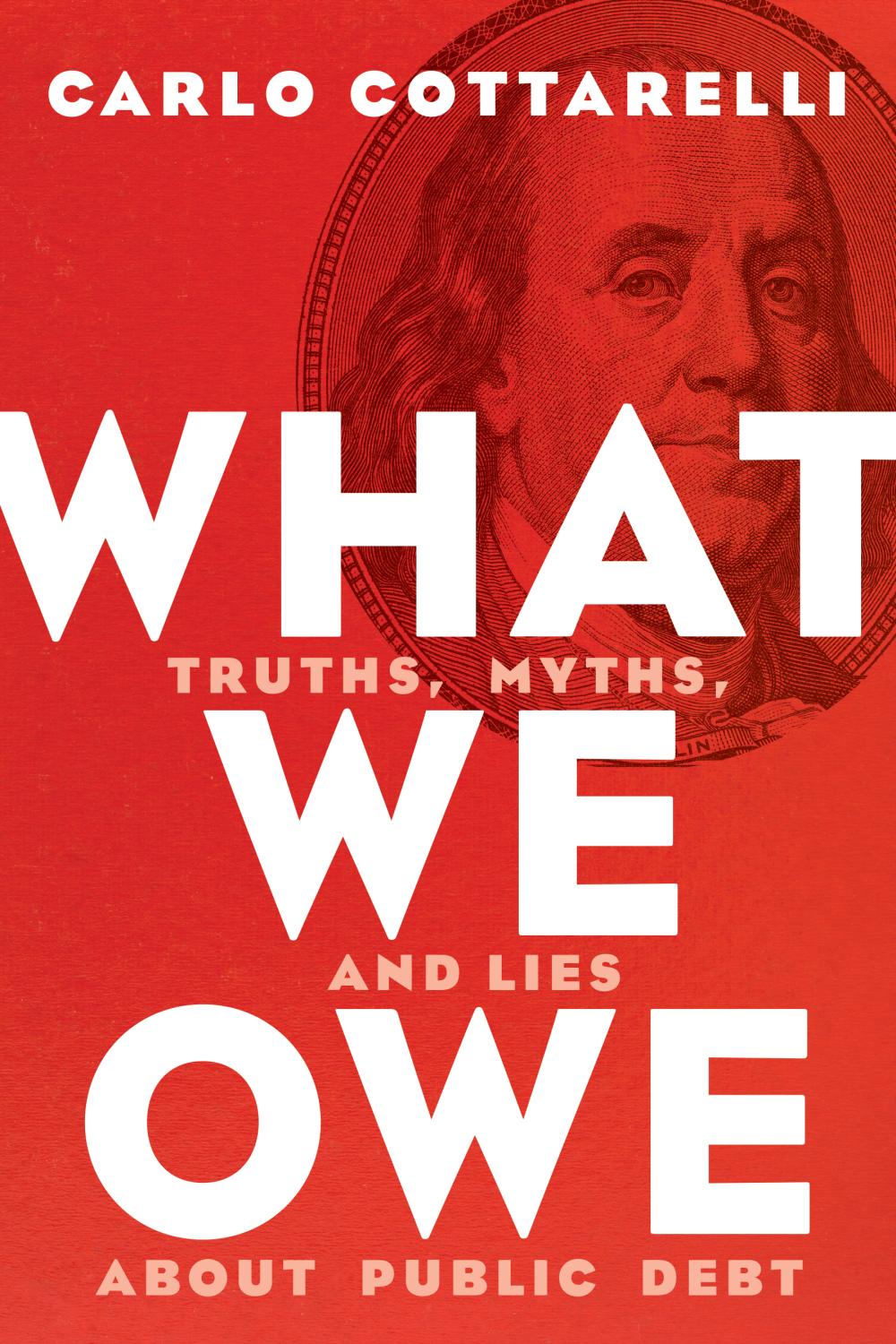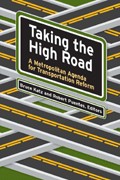


Book
The euro crisis, Japan’s sluggish economy, and partisan disagreements in the United States about the role of government all have at least one thing in common: worries about high levels of public debt. Nearly everyone agrees that public debt in many advanced economies is too high to be sustainable and must be addressed. There is little agreement, however, about when and how that addressing should be done—or even, in many cases, just how serious the debt problem is.
As the former director of the International Monetary Fund’s Fiscal Affairs Department, Carlo Cottarelli has helped countries across the globe confront their public finance woes. He also had direct experience in advising his own country, Italy, about its chronic fiscal ailments. In this straightforward, plain-language book, Cottarelli explains how and why excessive public debt can harm economic growth and can lead to crises such as those experienced recently in Italy and several other European countries.
But Cottarelli also has some good news: reducing public debt often can be done without trauma and through moderate changes in spending habits that contribute to economic growth. His book focuses on positive remedies that countries can adopt to deal with their public debt, analyzing both the benefits and potential downsides to each approach, as well as suggesting which remedies might be preferable in particular situations.
Too often, public debate about public debt is burdened by lies and myths. This book not only explains the basic facts about public debt but also aims to bring truth and reasoned nonpartisan analysis to the debate.
Related Books

Dennis C. Blair
March 27, 2013

Bruce Katz, Robert E. Lang
January 31, 2003

Bruce Katz, Robert Puentes
August 5, 2005
Cottarelli, who once headed the Fiscal Affairs Department of the International Monetary Fund, has put together a primer on public debt. He sets out to debunk a number of common misconceptions about government borrowing, especially the idea that unless a government pays off its debts, it is fiscally unsound or is somehow cheating future generations. He draws on extensive scholarly research about debt, much of it carried out by IMF staff, and presents his findings in comprehensible, nontechnical language. […] This is essential reading for all those concerned about current high levels of public debt—and for those who are not concerned but should be.
—Foreign Affairs
A timely and important book.
—Washington Independent Review of Books
Misconceptions abound about the difference between public debt and deficits, what counts towards public debt, when public debt becomes a problem, and how public debt can be reduced. What We Owe deftly clears the air on these topics in what amounts to a short primer on one of the most elusive issues for the interested layperson.
—Civil Service World
Public debt is very high. Is this an issue? Should it be reduced? If so, how? Through debt restructuring, inflation, or more slowly, through steady surpluses? Carlo Cottarelli, building on his long experience at the IMF, offers a clear, frank, and refreshing discussion of one of the most important macroeconomic issues of the day. A must-read.
—Olivier Blanchard, emeritus Robert M. Solow Professor of Economics, Massachusetts Institute of Technology, and former economic counselor, International Monetary Fund
When governments spend now but tax only later, they issue debt. This book, by a distinguished economist and public servant, clearly sets forth the problems that current government officials pass on to those in the future when they add to government debt, and the alternatives available for coping with those problems, all of them unpleasant. The book is remarkable for the clear and logical way it delineates the constraints and choices that big government debts impose on future governments and citizens. The book is nonpartisan in describing in clear terms the available alternatives and their consequences.
—Thomas Sargent, Nobel Prize winner in economics, 2011
A book for all of us as parents, as well as for our children, to better understand what will affect the future and how the future will be affected by our decisions today. An essential read not only to understand but also to decide in a fair and farsighted way, thus avoiding the mistakes of the past.
—Enrico Letta, former Prime Minister of Italy
Author
Carlo Cottarelli is the Executive Director for Italy at the International Monetary Fund. He was Commissioner of public spending reform in Italy and director of the International Monetary Fund’s Fiscal Affairs Department. At the IMF, he worked on surveillance and technical assistance in a variety of countries, including Albania, Croatia, Hungary, Lebanon, Russia, Serbia, Tajikistan, Turkey, Italy, and the United Kingdom. He has authored several papers on fiscal and monetary policies and institutions, and edited books on inflation, monetary policy, and exchange rates.
What We Owe: Truths, Myths, and Lies About Public Debt